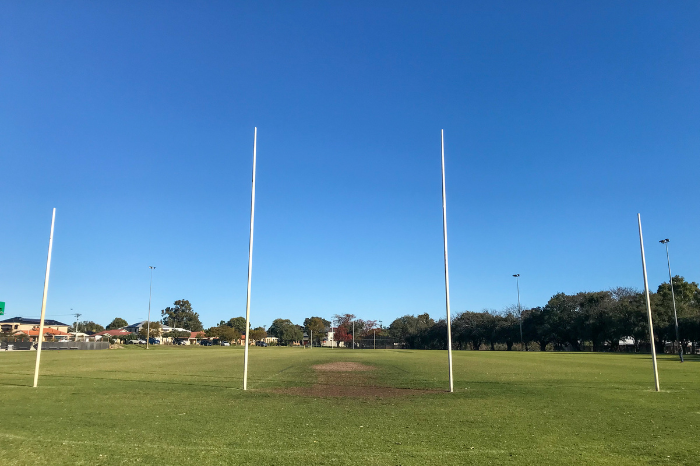
Service agreements might seem complicated but really their purpose is quite simple: to put in writing the details of the service you will deliver to a client (what they can expect from you) and what you expect from the client in return (primarily an agreed payment amount). The National Disability Insurance Agency (NDIA) requires all registered providers to have a written service agreement, but if you’re not registered, there are still advantages in having one.
Why might you think about having them in place? Let’s look at some of the benefits of service agreements.
When a client agrees to use their NDIS funding to pay for your supports, you are entering into an arrangement with each other. A service agreement is a document outlining what services have been agreed to between you and your client so both parties have clear expectations of what supports will be delivered and how they will be delivered. Like any other agreement, a service agreement is covered by Australian Consumer Law.
As you can negotiate with the client about what they will pay for your services, the service agreement is a good way to put the agreed cost in writing. By having a standard service agreement for your business, you can then tailor this to the individual client depending on the level of support or treatment they require.
While not compulsory for non-registered providers, the NDIA strongly suggests when entering into an agreement to provide supports, a service agreement is set up, so each party is clear about what they have agreed to. It’s important that you support the client to understand what they are agreeing to in the language or way of communicating they understand.
When creating a service agreement, it’s important to think about the below when outlining your contract:
The NDIA have a handy checklist of things to consider including when creating a service agreement. It’s in place to protect both you and your client, so the terms need to be fair and understandable by all parties involved.
A service agreement must be made between the provider and participant. The agreement can only be signed by the client or an appointed substitute who is a decision maker with the relevant powers to sign on behalf of the participant. This might be a plan nominee, guardian, administrator (or financial manager) or an attorney if the terms of the agreement are within their legal authority.
People without formal authorisation, such as a trusted friend, family member or support worker, can help the participant to understand the terms of the agreement but they are not able to sign on behalf of the participant.
Both the client and provider should keep copies of the signed agreement for reference.
Service agreements can be confusing to navigate, but they are also worth considering as you never know when you might need to refer to it. Having an agreement can actually help avoid unnecessary confusion down the track. It’s important that the agreement has fair and reasonable terms. Would you be happy for yourself, or perhaps your loved one, to sign your service agreement? Essentially, it’s about making sure the client has choice and control over their supports and how your services will help meet their needs. If you’re interested to find out more about how to meet the needs of your clients, we have a detailed article on this very topic.


